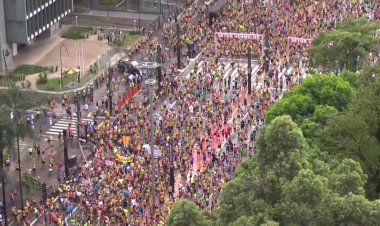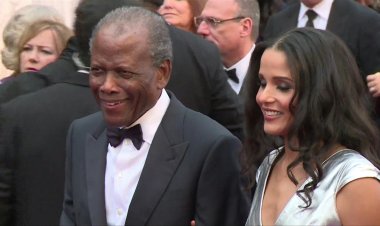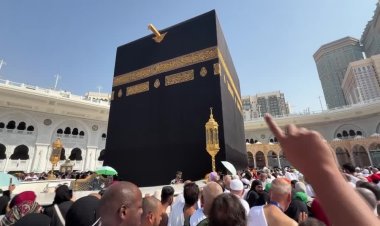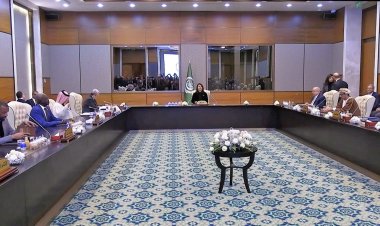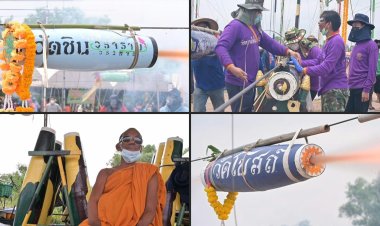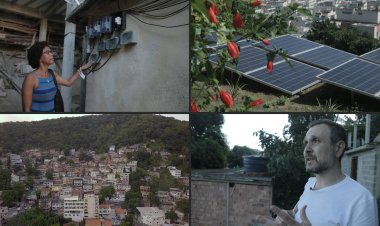Togo Opposition Defies Ban on Protests
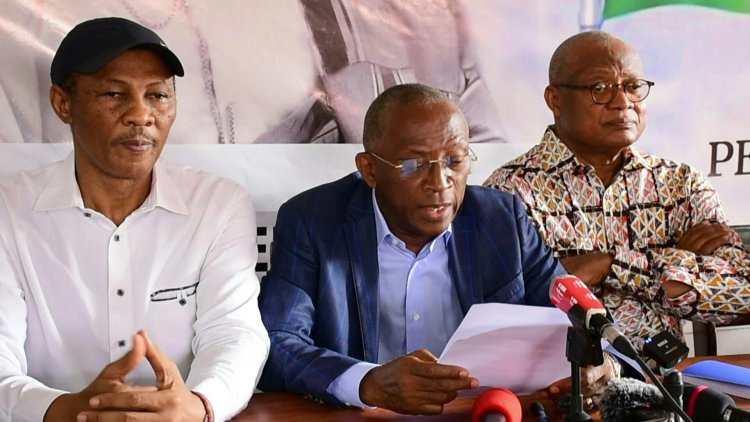
Togo's opposition parties urged people to "massively attend" demonstrations planned in the capital, Lome, to protest against a new constitution, despite a ban by the authorities.
Political tensions have been on the rise in Togo over the constitutional reform, which critics say is a bid by loyalists to keep President Faure Gnassingbe in power longer.
The government delayed a legislative election on April 20 to give more time for discussions on the reform and set a new date of April 29 for the ballot.
Minister of Territorial Administration Hodabalo Awate has banned the rallies, saying the route of the protest was illegal and the application for a permit did not meet a deadline.
"The right to demonstrate is a constitutional right. These are maneuvers to intimidate us and stifle the march," said Paul Dodji Apevon, president of the opposition Democratic Forces for the Republic.
"We have told the population that legally, there is no longer any reason for us to say that we cannot demonstrate."
Opposition leaders have criticized the election delay and also the reforms, which they say are a "constitutional coup" to keep Gnassingbe in office.
In power since 2005, the Togolese leader succeeded his father who himself ruled for more than three decades after a military coup in the West African nation.
Street demonstrations have been banned in Togo since 2022 after an attack on a market in Lome during which a gendarme was killed.
Despite criticism of the reforms, opposition leaders say they do not intend to boycott the legislative and regional elections.
All opposition parties shunned the 2018 legislative elections, denouncing "irregularities" in the electoral census.
Togo's parliament in March adopted the law that would switch from a presidential to a parliamentary system, handing the assembly the power to elect the president for a single six-year term.




